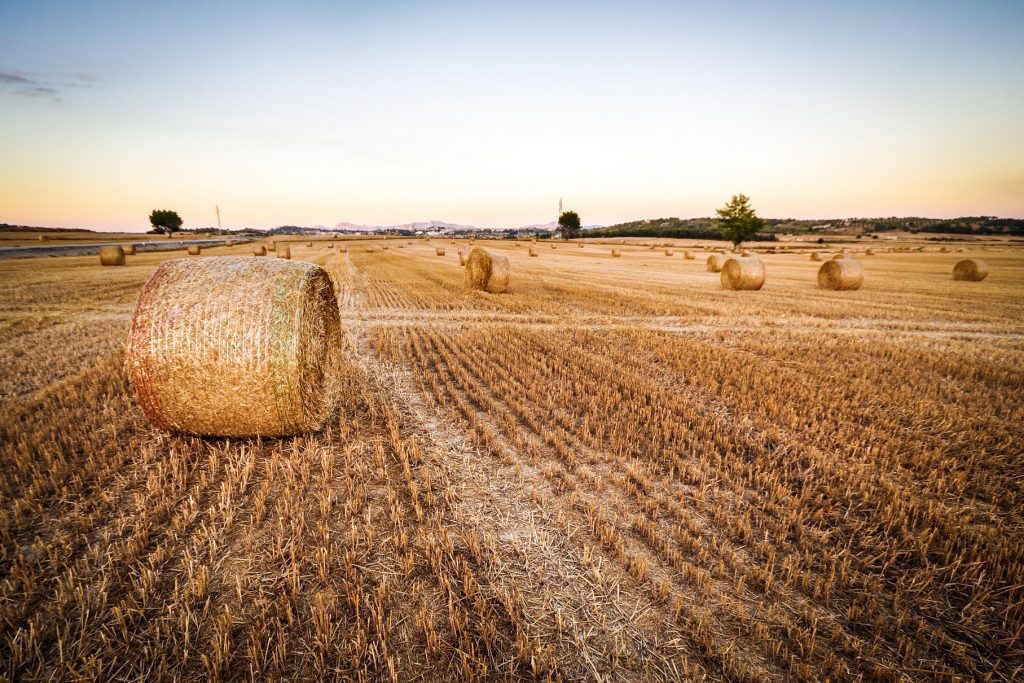When You Need Help with Your Agricultural Contracts

Farmers and lawyers aren’t commonly thought of as the best of friends. But a good farmer knows that sometimes a good lawyer is necessary. Farmers know about crops, lawyers know about contracts. And contracts are a pretty big deal in the ever-growing world of agriculture.
The continual and stable development of agriculture is extremely important worldwide. Not only does the agricultural community support the steadily growing food demand, but agriculture is also the core element in ending poverty. This is one of the reasons contract farming and agricultural agreements are rising in popularity.
Many farmers are choosing to do “grower agreements” under which they raise crops or livestock for someone else. Of course each farmer is different, and some prefer to be completely autonomous, but many are deciding to grow their business further by entering production contracts. There are some things to consider when trying to figure out if a contract is the right thing for your business.
At Bottlinger Law L.L.C., we understand the importance of agriculture. If you’re having issues with an existing agricultural contract, or if you’d like to consult us on drafting a potential contract, call (402) 505-8234.
Agricultural Contracts
Some people think of farming in terms of Little House on the Prairie, or an organic thing their grandparents did with chickens in the backyard. But farming in the 21st century is pure business. And as a business expends, contracts become necessary. You’re no longer dealing with handshake deals and neighbors. You may find yourself selling to huge corporations. This is why you need to adequately protect yourself and your work.
There are common contracts used in agriculture, such as for the sale of land and equipment, loans and mortgages, or land and equipment leases. But the two main contracts that farmers and ranchers tend to come across are production contracts and marketing contracts.
- Production contracts: In these contracts, the producers are paid to grow livestock or raise a crop. The producers do not own the commodity, and the contract limits the amount of say they have in regards to making decisions.
- Marketing contracts: With marketing contracts, the producers tend to own what they are producing. These contracts specify qualities, price, delivery details, etc.
These contracts are vital in the world of agriculture, because they assure both the buyer and the producer. Producers work in an uncertain market, where prices fluctuate with little rhyme or reason. A good contract can lower financial risk by helping to ease these uncertainties, having a uniform price, and providing a stable income. A contract might also grant you the access to new technology, which might be a great support for your business. You are also far more likely to receive a loan from a bank if you can show them a steady income as promised by your contract. Meanwhile, buyers are assured and can set down how much product they need and when they need it by.
The Disadvantages of Agricultural Contracts
Although agricultural contracts are mostly a positive thing, there are some potential disadvantages. Producers are partly giving up control and independence of their business. They are no longer the decision makers. Another disadvantage is that producers might have higher production costs associated with the new technology they’re using. Another disadvantage is that successfully carrying out a supply order in agriculture is highly dependent on external factors. If there is a drought, a flood, or a livestock sickness, then the order will be affected. If a new law impacts agriculture, the order might be affected. Or a producer might be tempted to breach a contract if, for example, market prices become higher than contract prices. This is where it can become very important to have a knowledgeable agriculture attorney on your side.
Things to Remember in a Contract
Some farmers like to do things the old-fashioned way, with a verbal agreement. But in order to protect yourself, and ensure that your contract is binding, there are few things you should keep in mind:
- The contract has to be written in a way that is enforceable in a court of law.
- It should clearly state the parties involved, such as the seller and the buyer.
- It should specify the product, the quality, and the quantity.
- It should specify the price, and timing of payment.
- It should have a date of delivery.
- It should outline the responsibilities of both parties.
For a Free Consultation with an Agricultural Lawyer, Call Us
At Bottlinger Law L.L.C., we know agriculture is more than just a job. We take pride in representing agricultural producers all over Nebraska. We are very knowledgeable when it comes to agricultural law, and we want to help you protect your tradition.
Contact the dedicated Nebraska agriculture attorney at Bottlinger Law L.L.C. at (402) 505-8234 to discuss your situation.
Bottlinger Law
Consultation Form
Our legal team is ready to help. Please fill out the form below to set up a free consultation with the Bottlinger Law team.